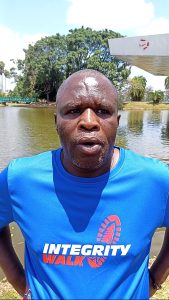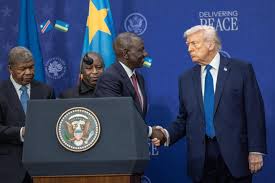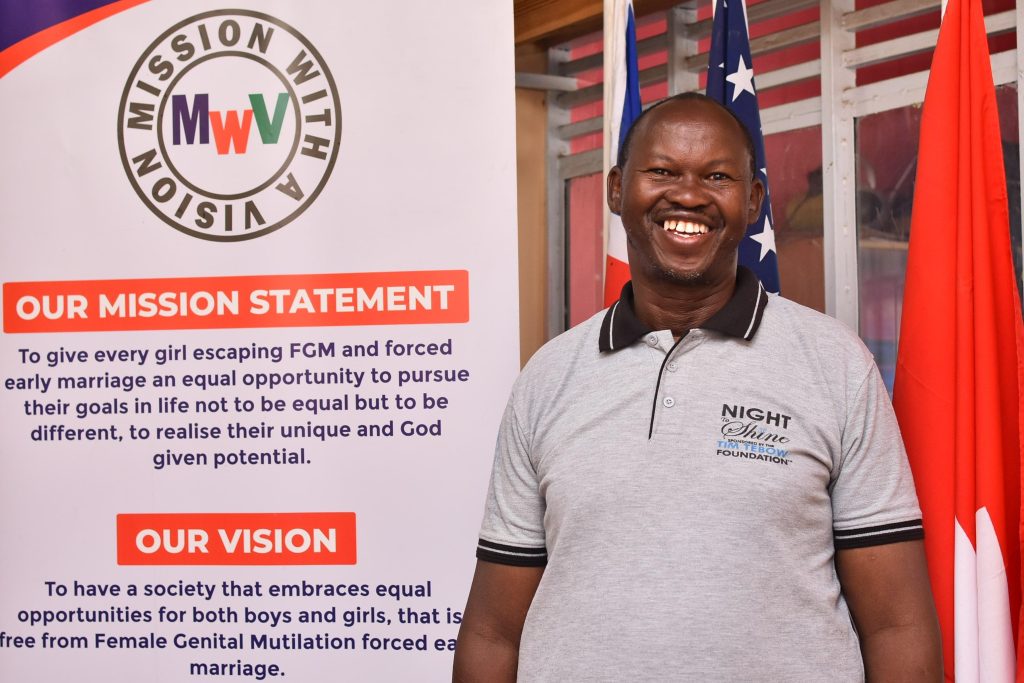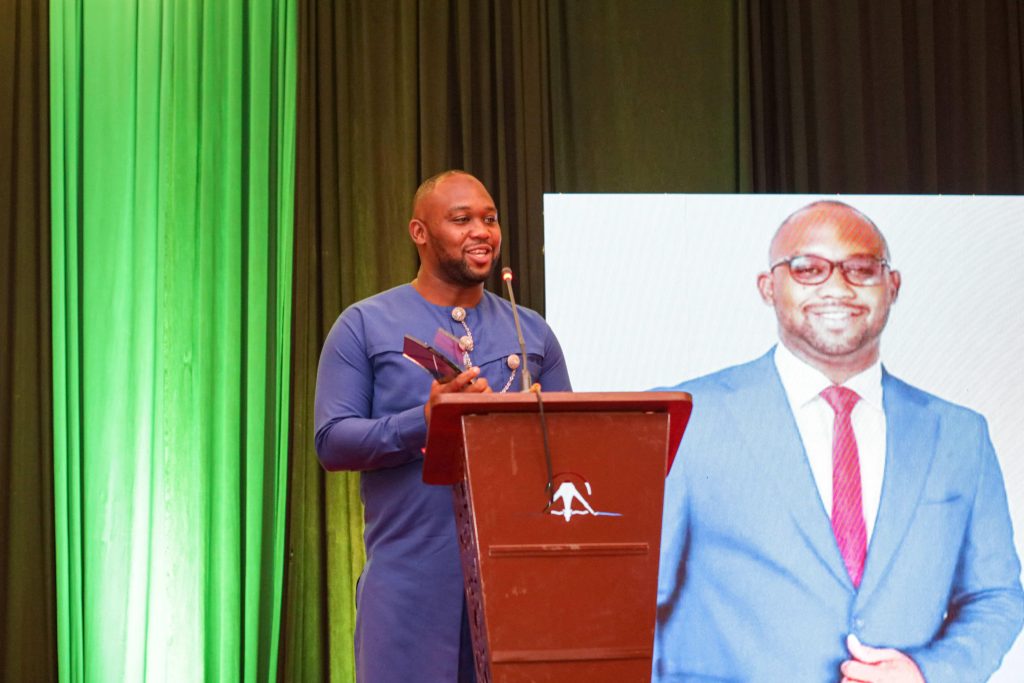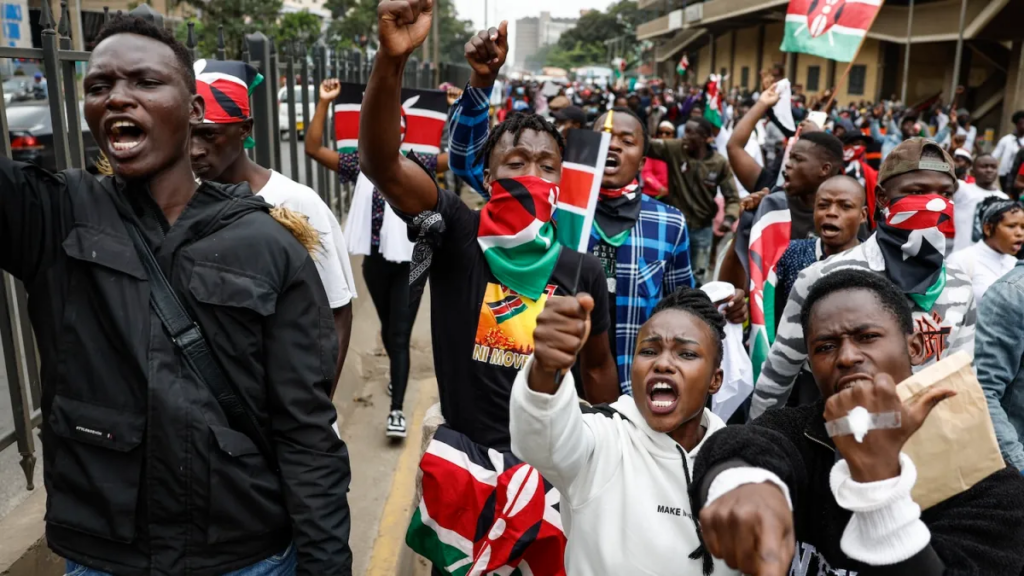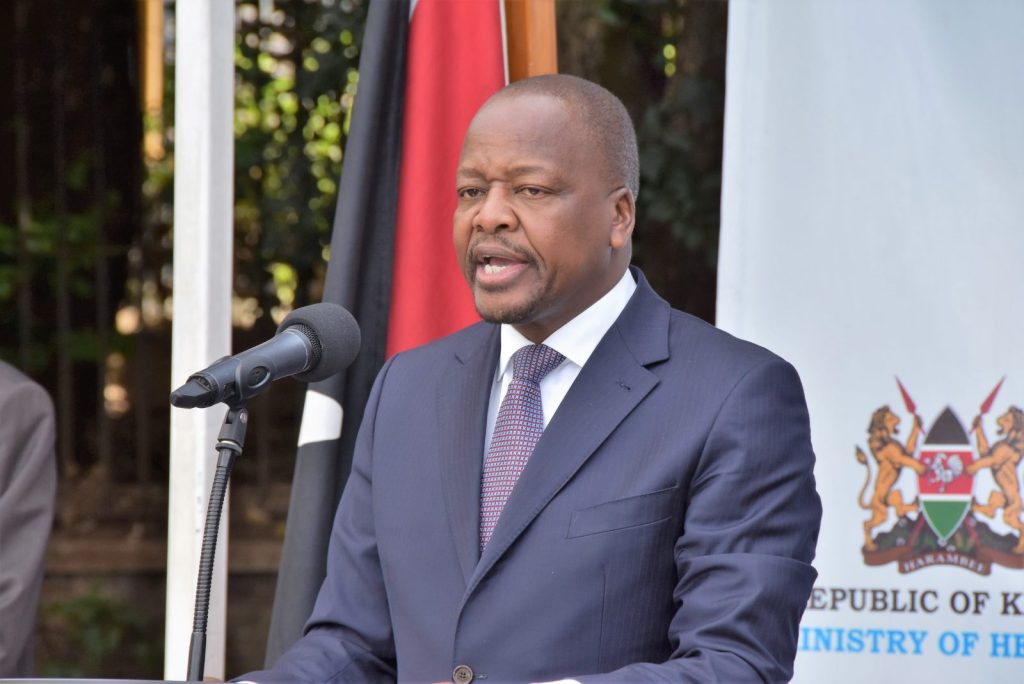By Wahome Ngatia
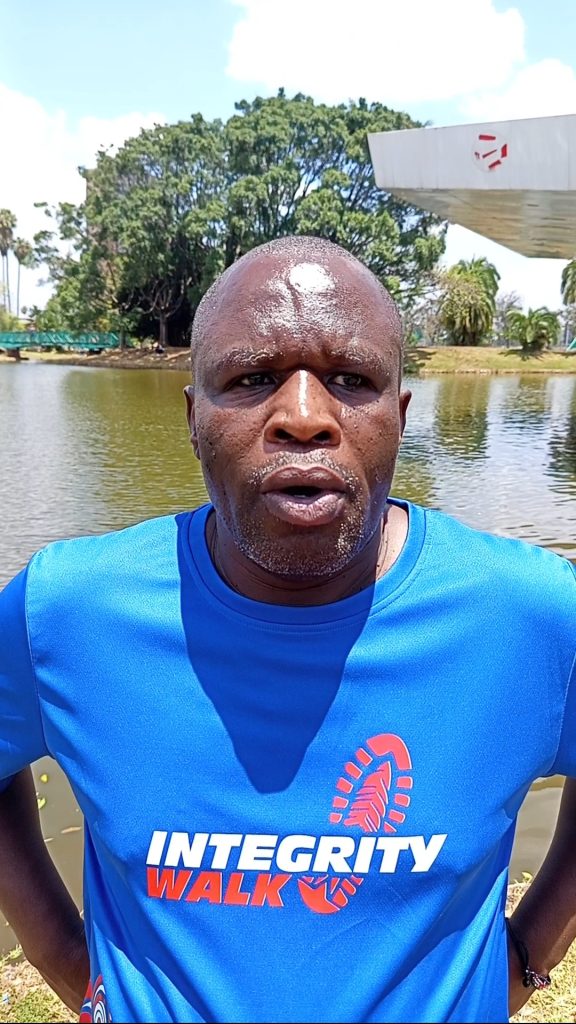
The Kenya Human Rights Commission (KHRC) has warned it will go to court to seek the removal of Director of Public Prosecutions (DPP) Renson Ingonga, accusing him of unfairly withdrawing corruption cases involving public funds.
KHRC Executive Director Davis Malombe made the remarks on Saturday during the Integrity Walk organized by Transparency International Kenya (TI-Kenya). He condemned the ODPP for dropping cases linked to looting of public money and failing to act on ongoing financial scandals.
“We’re noting with a lot of concern that 100 meters from this office, there is massive looting going on at the Social Health Authority (SHA), yet the ODPP is doing nothing to bring those involved to account,” Malombe said as the protest caravan paused outside the DPP’s office in Upper Hill.
The SHA, which has recently been in the spotlight amid financial management concerns even before full rollout, has drawn public scrutiny over questionable spending.
KHRC Deputy Executive Director Cornelius Oduor, in an exclusive interview with NGOs Hub, said the ODPP has become the weakest link in Kenya’s fight against corruption.
“The ODPP is supposed to work in concert with other organs such as the Ethics and Anti-Corruption Commission (EACC) and others to bring corrupt individuals to book. But we have seen him drop cases involving high-profile Kenyans such as Wycliffe Oparanya, the former Kakamega governor and now Cabinet Secretary for Co-operatives. Why is he dropping them on the eve of the next election? Is he trying to clear these individuals so they can run?” Oduor asked.
He added that corruption has long tormented Kenya, and the only way to confront it is by upholding the rule of law.
“Adhering to the rule of law will save us, because when those in power are arrested for corruption, they act as a deterrent to others who think they can pilfer public resources with impunity,” he told this writer.
KHRC said that while it has publicly confronted the ODPP, it is still collecting evidence and closely monitoring the office. Oduor asserted it is only a matter of time before KHRC or another entity goes to court to seek the DPP’s removal.
ODPP’s public responses and legal pushback
To date, the ODPP has defended its actions, stating that it has constitutional authority to withdraw prosecutions when evidence is weak or when public interest dictates. In the high-profile “Baby Pendo” case, the DPP denied dropping charges against eight police officers accused of killing Baby Samantha Pendo. Rather, the ODPP said those officers would serve as prosecution witnesses, not suspects, after a strategic review of evidence.
On another front, the ODPP has contested attempts to remove Ingonga from office. In February 2025, he dismissed a Public Service Commission petition seeking to oust him. His legal team argued that his withdrawal of cases comes under his constitutional powers, citing Article 157 of the Constitution and relevant prosecution guidelines.
Yet ODPP decisions haven’t gone unchallenged. In a landmark High Court ruling on September 16, 2025, Justice Benson Musyoki quashed the DPP’s withdrawal of corruption charges against Wycliffe Oparanya. The court found that the ODPP acted outside its constitutional mandate by deciding unilaterally—without consulting the EACC, which had conducted the investigations.
The court held that the DPP overstepped by sidelining mandated investigative agencies.
Moreover, the Senate’s County Public Accounts Committee (CPAC) recently grilled Ingonga over the ODPP’s withdrawal of 18 corruption cases linked to county governments—some dating back to 2013. Senators asked why these withdrawals were made without consulting the EACC. Ingonga defended his office, saying the DPP holds “exclusive powers to withdraw criminal cases.”
The EACC has also criticized the ODPP’s withdrawals. In 2024, EACC Chairperson David Oginde accused Ingonga of constantly dropping high-profile corruption cases without sound legal justification, citing the Ksh 8.5 billion case involving former Tourism CS Najib Balala.
Journalistic review Kenya News has also reported that ODPP often cites “insufficient evidence,” or a desire to preserve taxpayers’ money, as reasons for withdrawal of high-profile cases.
Message to civil society
Oduor urged civil society groups to invest in sustained civic engagement and strengthen collaboration across levels.
“Synergy is critical. We should ensure that we’re working together at the community, county, national and global levels. Let’s go beyond the talk and ensure that we’re the change we want to see,” he said.
Message to Kenyans
“Don’t give up the fight against this vice. The freedoms we enjoy today were fought for and sacrifices had to be made. Corruption will only leave when we keep the pressure and the campaign against it,” Cornelius concluded.


